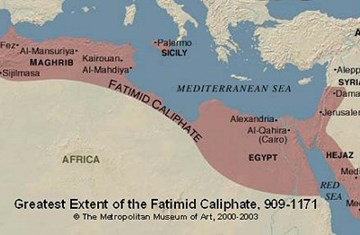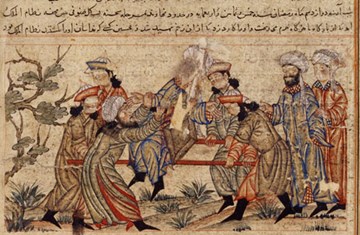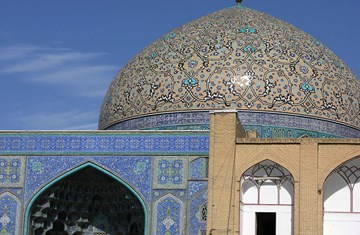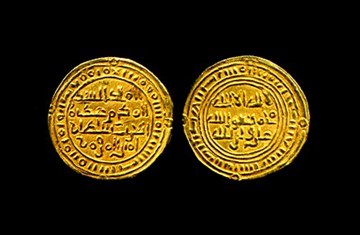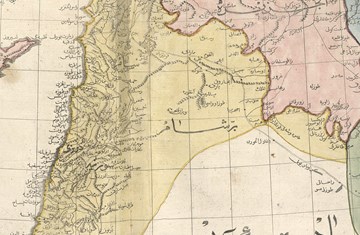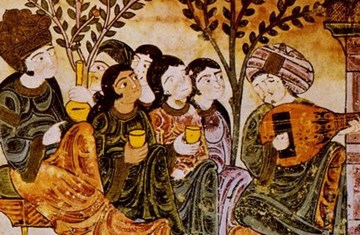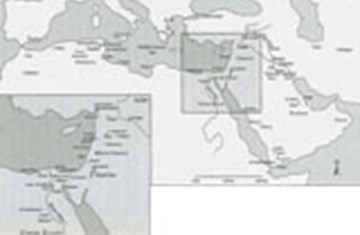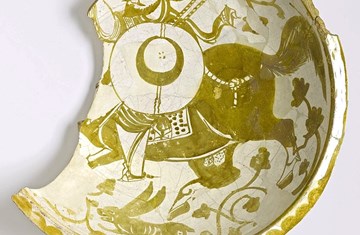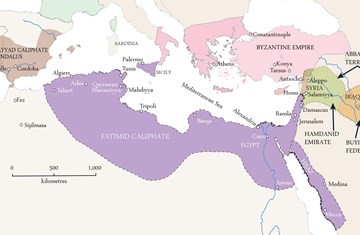The Ismaili da'wa Outside the Fatimid dawla
This article examines the history, structure and successes of the da'wa system prior to and during the establishment of the Fatimid caliphate. Early Ismaili da'wa took advantage of the fact that there were many discontented factions among the Abbasid populace.
Acquiring the allegiance of these groups facilitated the eventual establishment of the Fatimid caliphate. During the reign of the Fatimids, the da'wa structure continued to be refined and expanded. Within the Fatimid state, the da'wa enjoyed unbridled freedom to propagate the faith and expound upon ideological developments.
However, the Fatimids policies of tolerance and freedom of religion prevented Ismailism from ever rooting deeply into the North African population. It remained the faith of a minority for the duration of the Fatimid reign. Ironically, outside the Fatimid dawla, the da'wa was more successful in establishing significant Ismaili communities across Asia and into the Subcontinent. It is this stability, achieved outside Fatimid territory, which allowed Ismailism's survival and continuation after the decline of the Fatimid dynastic rule.
Author

Dr Farhad Daftary
Co-Director and Head of the Department of Academic Research and Publications
An authority in Shi'i studies, with special reference to its Ismaili tradition, Dr. Daftary has published and lectured widely in these fields of Islamic studies. In 2011 a Festschrift entitled Fortresses of the Intellect was produced to honour Dr. Daftary by a number of his colleagues and peers.


